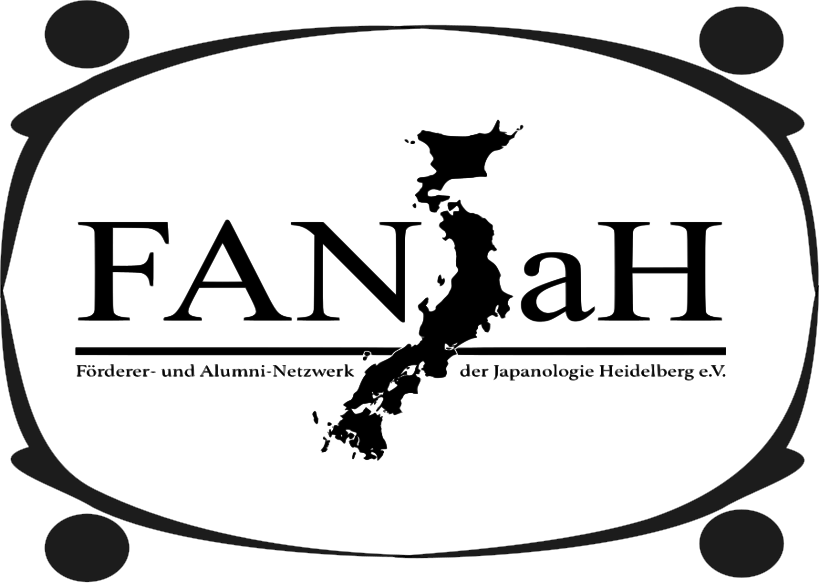The Island where Future Possibilities Bloom. Language, gender, and identity issues in Li Kotomi’s Higanbana ga saku shima
Autor/innen
Starting from the utopian label given to The Island where Spider Lilies Bloom (Higanbana ga saku shima, 2021), in this paper I shall analyse the language, gender and identity issues depicted in the novel to explain how they function in the economy of the story and how Li Kotomi uses them to explore the complexity of the individual and the collective. Higanbana ga saku shima is set on an anonymous island where the family system is deconstructed and there are no such things as mothers or fathers, and women called “noro” rule the community using a language exclusively for women. However, what at first glance seems to be a utopian society and a story of empowerment turns out to be another example of an exclusive society, where familiar, old tropes are flipped, but fail to create inclusivity. After exploring the societal constructions and clarifying the reasons for this “failure” with reference to the trope of “liminality,” I will take “failure” as a starting point to rethink the concept of utopia and explain how it functions as a basis for moving towards a “not-yet here” critical utopianism and queer futurism.





